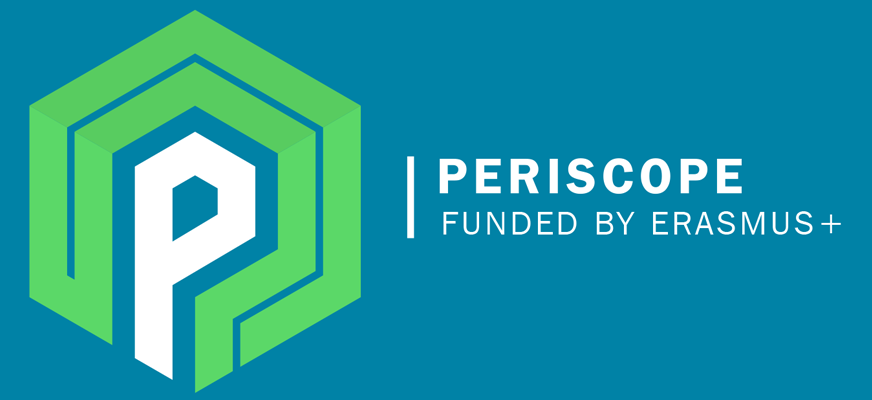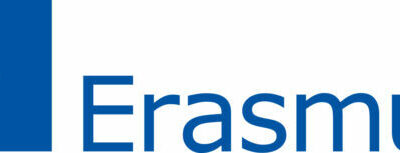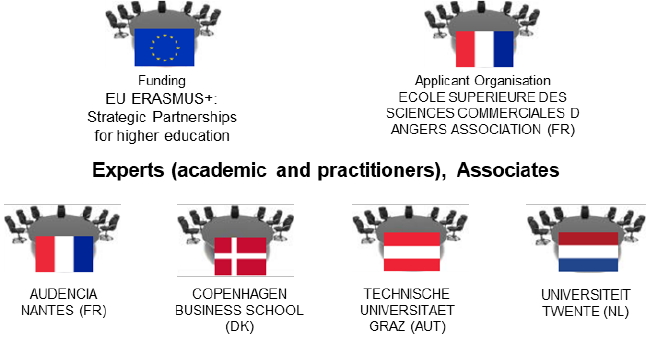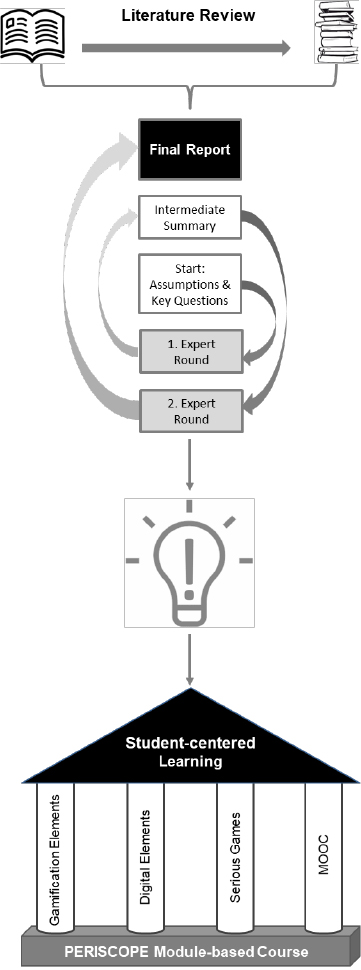EU Funded Research Project (ERASMUS+)
KA2 – Cooperation for Innovation and the Exchange of Good Practices
KA203 – Strategic Partnerships for Higher Education
In the modern network economy, a typical industrial firm in Europe spends about 60% of their turnover on purchased components. More than half of the entire income of a firm is directly routed through to its suppliers. Hence, not only from the perspective of an individual firm but from the perspective of European competitiveness the management of the buyer-supplier interface, i.e. professional Purchasing and Supply Management (PSM), is crucial.
For that, world-class training and education of purchasers are necessary.
In a previous EU project members of the PERISCOPE team empirically identified the skills characteristic for successful purchasers and developed a curriculum and a Massive Open Online Course (MOOC) for teaching them (www.project-perfect.eu).
However, since then, a new development gained unprecedented momentum – the sustainability challenge facing the global economy. Developing sustainable and innovative solutions in supply chain management design is now obligatory for businesses, not just an option.
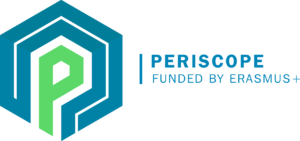
The PERISCOPE consortium consists of five partners with complementary skills. The workload is spread over the five universities equally.
In every university two colleagues are working in the project; in total ten researchers will work on the project. The project consists of about 1200 working days, meaning that the workload per person is 120 working days in three years (from 01-09-2019 to 31-08-2022). The workload is divided in a way that the project work can be performed within three years by the team of researchers.
The PERISCOPE project aims to prepare students in acquiring future PSM skills and key competencies towards innovative and sustainable solutions.
In the fast changing world, PSM employers need to keep pace with the occurring developments. Institutes for higher education need to be a step ahead of the employer needs of the future. They have to face the future and prepare students for the upcoming developments i.e. sustainable developments. Within education as well as in industry there is a strong demand for directions on how to manage this change in general and how to educate and prepare the purchasing workforce in particular.
Project PERISCOPE’s objective (see also Fig. 2) is to address this demand, by
a)identifying those skills which are likely to prevail and those which are newly added to the profile of a European purchaser and supply manager and
b)develop a course-set to teach these skills. Moreover, it would be a missed opportunity to try to teach global mindset, critical thinking and entrepreneurial skills with traditional means. Hence,
c)PERISCOPE is going to develop an open student-centered learning in digital space with educational materials and simulation games.
- Providing a framework for innovation and sustainability PSM competencies (knowledge, skills and traits). > Download White Paper <
- Description of best practices World Café sessions approach to the collection of future competence requirements for PSM managers towards innovative and sustainable solutions.
- Describing a procedure for using gamification elements and playful interaction concepts in teaching courses (accessible tool-set using modern digital learning elements, gamification).
- Developing an open module-based course for finding and applying innovative and sustainable solutions in PSM education.
- Providing open-source learning material to prepare students for finding and applying innovative and sustainable solutions in PSM education.
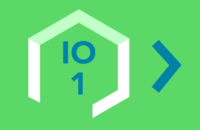
Theoretical innovative sustainability PSM skills framework and gamification overview in PSM education.
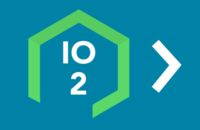
Qualitative pre-study by conducting World Café sessions and expert interviews as starting point for the Delphi studies.
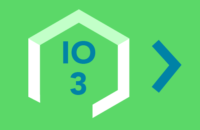
Conducting Delphi studies on future PSM competencies for innovative sustainability problem solving and the use of gamification in higher education.
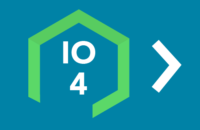
Development of a concept module-based course for PSM competencies for innovative sustainability problem solving with gamification elements.
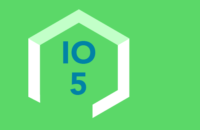
Realisation and validation of the module-based courses including learning material.
This is the outline of a funded project by the European Union (EU).
The EU’s Erasmus+ programme is a funding scheme to support activities in the fields of Education, Training, Youth and Sport.
The Programme is made up of three so-called “Key Actions” and two additional actions. They are managed partly at the national level by National Agencies and partly at the European level by the EACEA.
The European Commission is responsible for Erasmus+ policies and oversees the overall programme implementation. Erasmus+ includes a strong international dimension: cooperation with partner countries notably in the field of higher education and youth, through institutional partnerships, youth cooperation and mobility worldwide.
For further information please visit: https://eacea.ec.europa.eu/erasmus-plus_en
